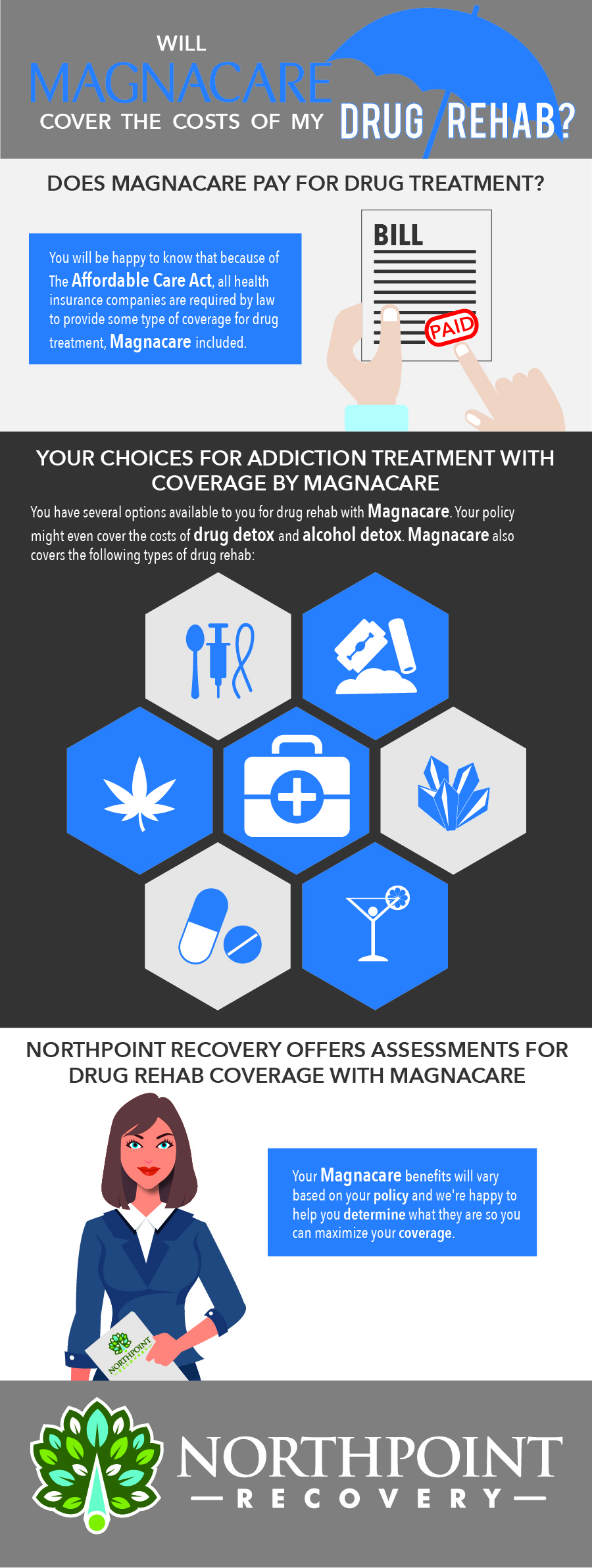Handling Triggers And Cravings After Drug Rehabilitation
Handling Triggers And Cravings After Drug Rehabilitation
Blog Article
Team Author-Hardin Eaton
You've completed Drug rehabilitation and taken a significant action in the direction of a much healthier way of living. And now, encountering triggers and yearnings post-rehab can be a challenging trip. Just how do you navigate via these moments without compromising your progress? Understanding The Best Dual diagnosis treatment in CA to handle triggers and food cravings is essential in preserving your soberness. Allow's check out efficient means to handle these obstacles and safeguard your newly found dedication to living a drug-free life.
Identifying Triggers and Desires
To properly manage your triggers and desires, start by recognizing the situations or feelings that cause your desire to use. Take a minute to reflect on what circumstances or feelings motivate your food cravings. Is it stress and anxiety, boredom, social situations, or particular locations? By pinpointing these triggers, you can better prepare yourself to handle them.
Triggers can be both inner, such as unfavorable emotions or physical discomfort, and external, like being around people that make use of materials or checking out a particular area.
Take notice of patterns in your desires-- are they more frequent at specific times of the day or in feedback to specific events?
Building Healthy Coping Strategies
Recognizing your triggers and cravings is the very first step in the direction of structure healthy coping strategies to manage them properly. As soon as you understand what scenarios, emotions, or individuals cause your yearnings, you can start developing a plan to resolve them.
One reliable method is to replace negative habits with favorable ones. For instance, if anxiety triggers food cravings, practicing relaxation techniques such as deep breathing or meditation can help. Participating in exercises such as exercise or going with a stroll can likewise be a great method to manage cravings.
One more key facet of building healthy coping techniques is to develop an encouraging atmosphere. Surround yourself with people who recognize your trip and can offer inspiration and responsibility. It's important to develop borders with people who might not support your healing.
In addition, creating a regimen that consists of healthy behaviors like routine exercise, appropriate nourishment, and sufficient sleep can help you stay on track and lower the possibility of experiencing triggers and cravings.
Seeking Support and Liability
Producing a network of encouraging people who can offer support and hold you liable is critical in managing triggers and cravings properly. Look for pals, relative, or a support system that recognize your journey and can provide advice when you face tough scenarios.
Having see this site to speak with throughout minutes of lure can make a considerable distinction in remaining on track with your healing. Accountability partners can aid you stay concentrated on your goals and remind you of the reasons why you selected to look for help to begin with.
They can likewise assist in developing an organized strategy to deal with triggers and desires, such as developing alternate activities or dealing mechanisms to replace need to use medications. Normal check-ins with your support group can give reassurance and motivation, assisting you really feel less separated in your healing trip.
Conclusion
Bear in mind, recognizing and coping with triggers and desires after Drug rehabilitation is a crucial element of maintaining sobriety.
By determining your triggers, building healthy and balanced coping techniques, and seeking support from liked ones or support groups, you can browse through difficult moments and remain focused on your sobriety goals.
Keep in mind, you aren't alone in this trip, and with the right tools and support, you can conquer temptations and live a meeting, drug-free life.
Stay solid and maintain progressing.
